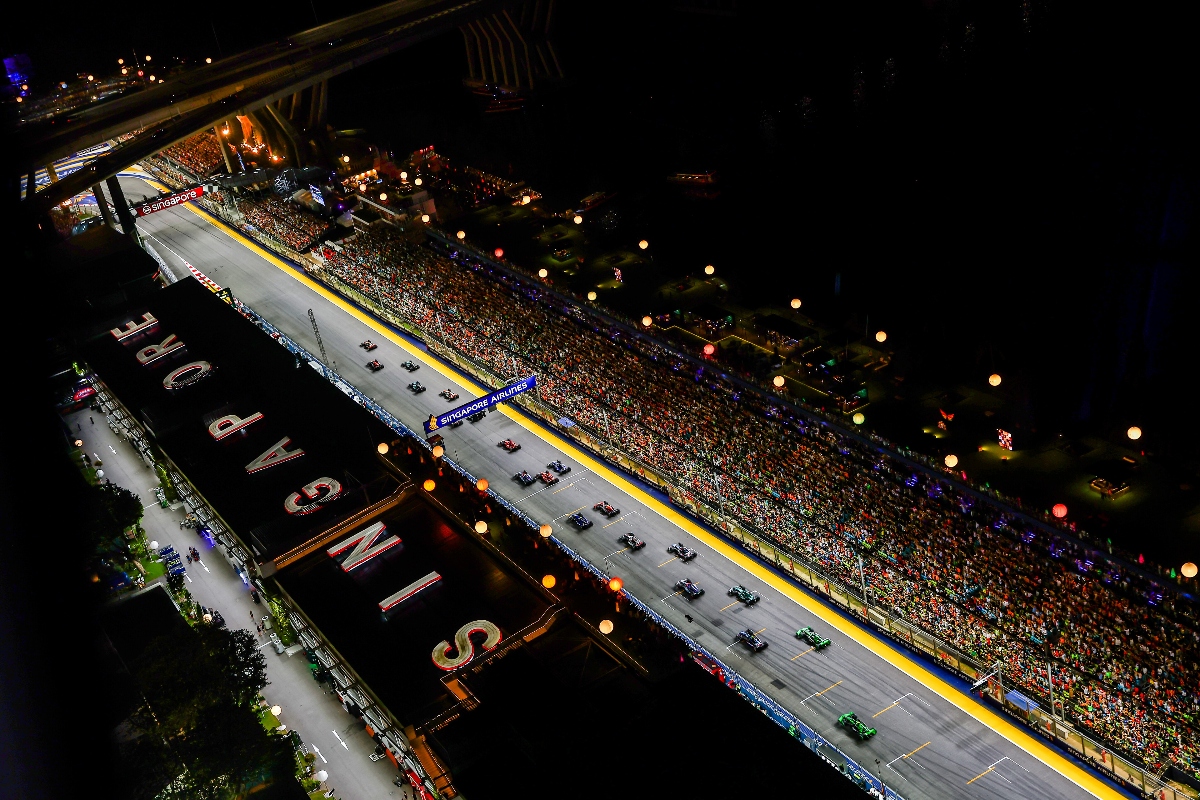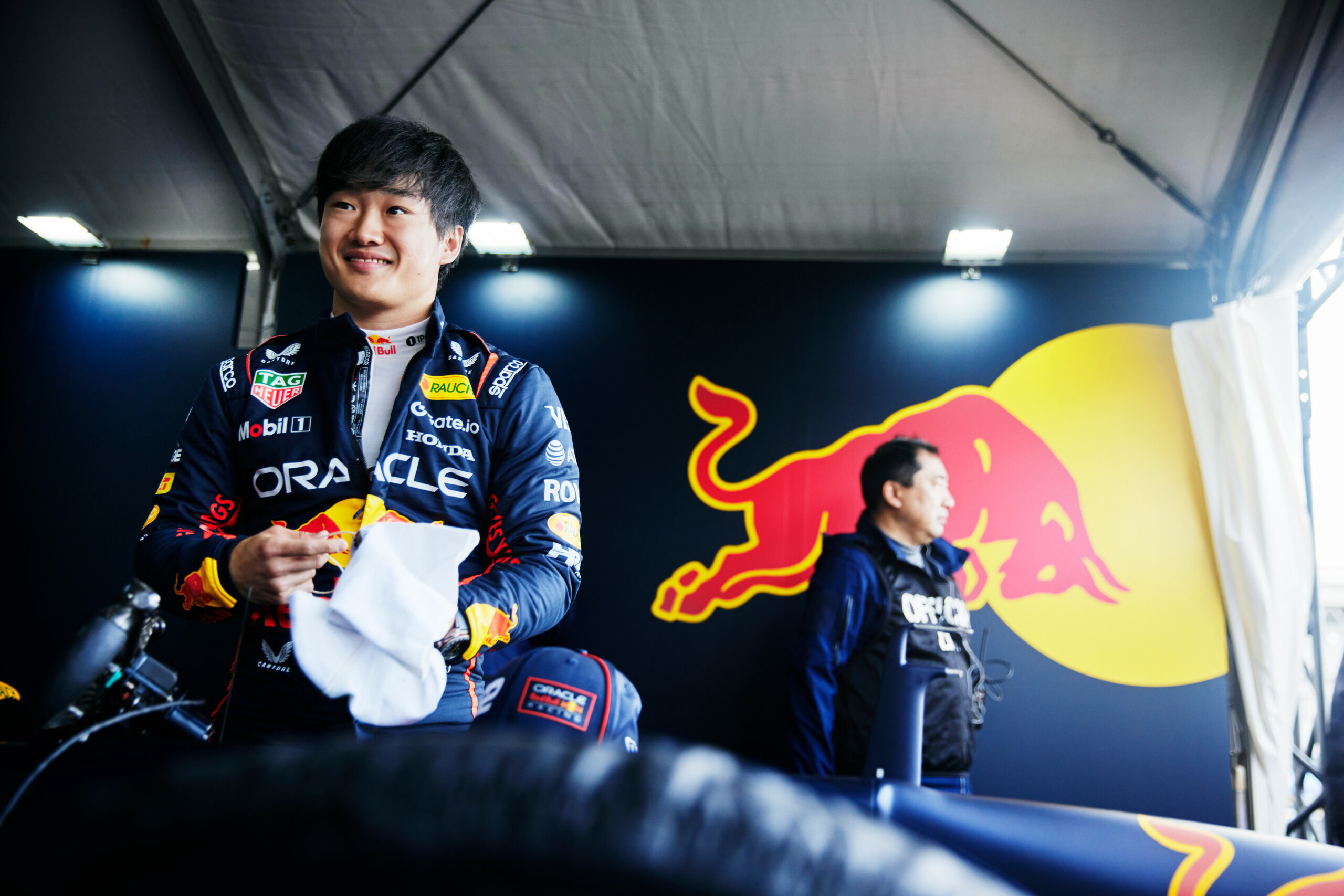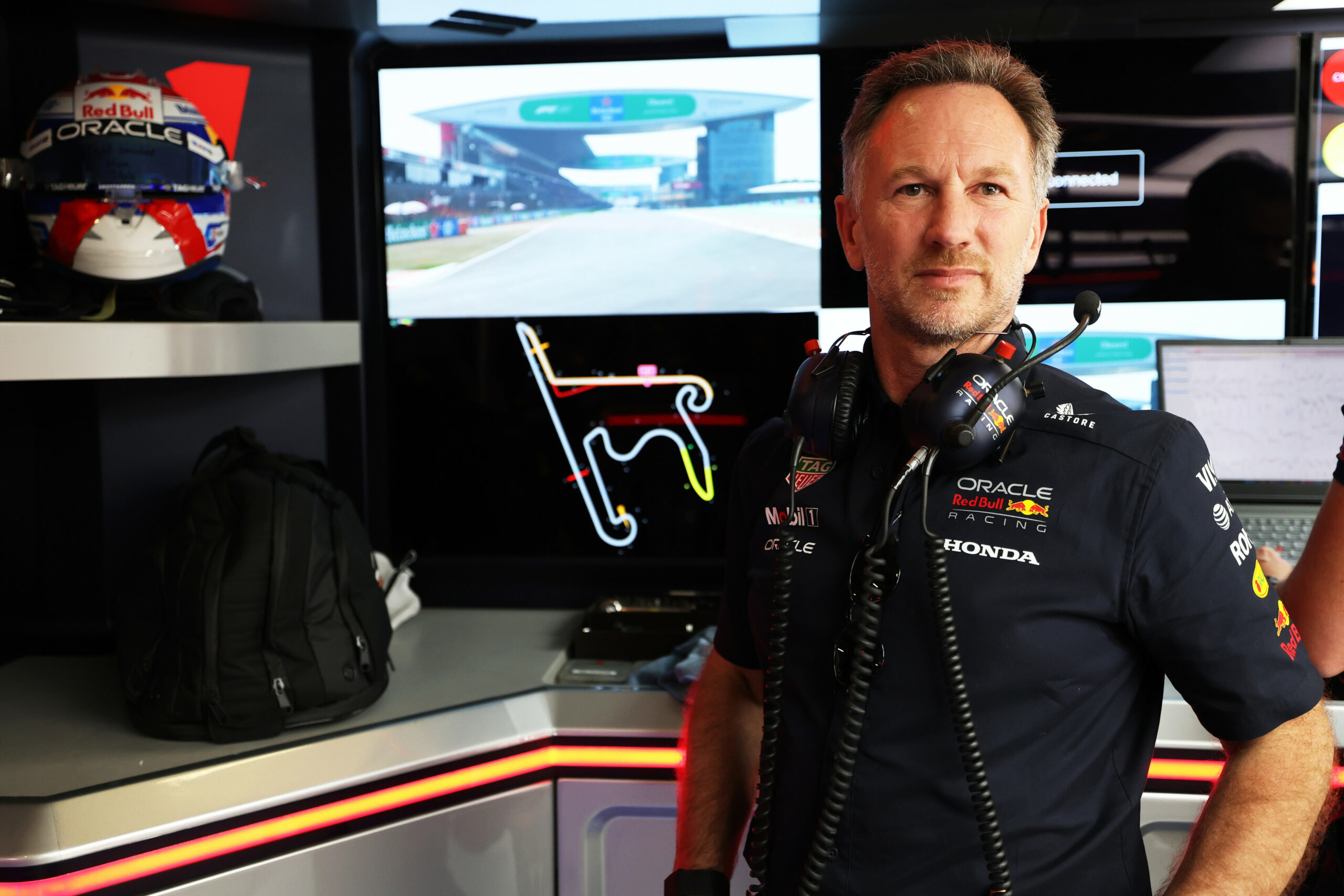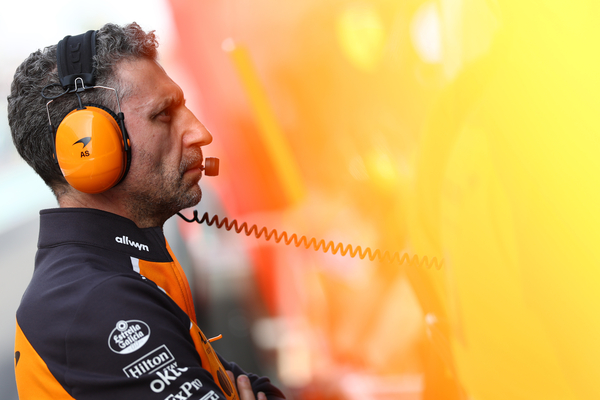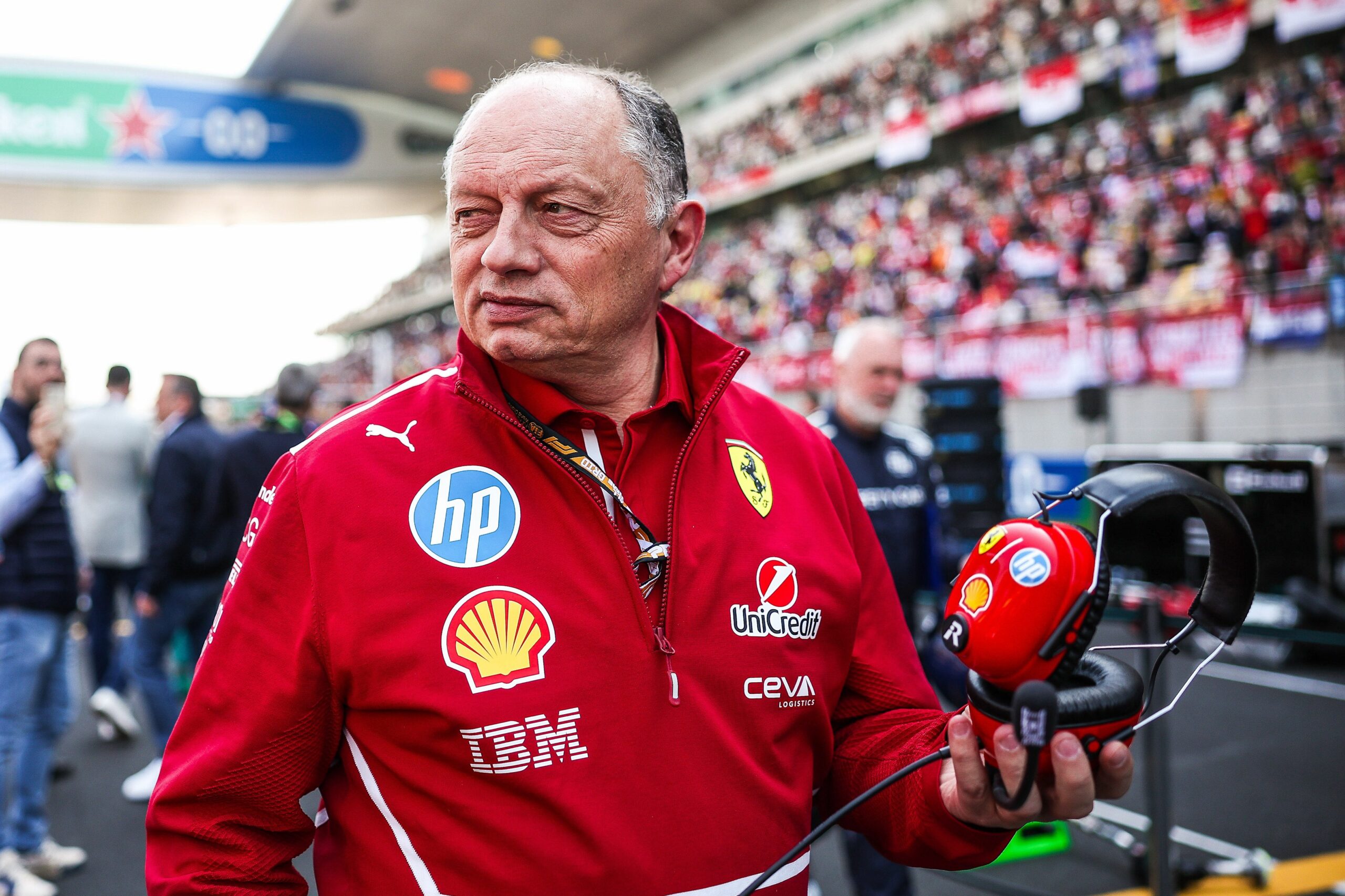Just six months after the Liberty Media Corporation (Liberty Media) – current owner of the Formula One Group (FOG) – announced that it had entered into an agreement to acquire Dorna Sports, S.L. (Dorna), the exclusive commercial rights holder to the MotoGPTM World Championship, Belgian Member of the European Parliament (MEP) Pascal Arimont has formally requested that the American mass media company be investigated over antitrust concerns arising from their potential monopolistic practices in the motorsport industry.
As first reported by Belgian news source “Het Belang van Limburg”, Arimont, a member of the Christian Social Party – a part of the European People’s Party (EPP) Group – and the sole representative from the German-speaking electoral college of Belgium, is concerned that Liberty Media’s acquisition of Dorna will significantly increase its already-comprehensive commercial rights and influence in the motorsport, and subsequently will pose a significant threat to fair competition within the industry. As an example, he cited Liberty Media’s control over commercial agreements within Formula 1, which he noted as creating barriers against new entrants.
“Commercial agreements make it very difficult for new teams to enter F1, possibly restricting competition in an illegal way.”
This sentiment reportedly references the FOG’s recent refusal to admit Andretti-Cadillac as an eleventh F1 team, despite Andretti Global having received approval from motorsport’s governing body, The Fédération Internationale de l’Automobile (FIA). Though the FOG claimed that the decision had been based on its belief that Andretti-Cadillac would not be competitive as well as uncertainties over their power unit supplier, in August 2024, the United States Department of Justice announced that it would be launching an investigation into Liberty Media’s rejection of Andretti Global after several U.S. senators, led by Amy Klobuchar and Mike lee, questioned whether the FOG’s actions violated U.S. antitrust statutes. Arimont referenced this investigation when justifying his request for the investigation by the European Commission.
Arimont’s concerns echo those of Formula E co-founder Alejandro Agag, who in late September 2024, also called for an investigation into Liberty Media’s acquisition of Dorna. In an interview with the Financial Times, Agag expressed concerns over the power that the acquisition would hand Liberty Media when negotiating media rights deals. While Agag, stopped short of claiming that the deal should be blocked, he highlighted the need for the European Commission to carefully examine the deal, especially as it could cause significant challenges associated with competition law.
“From the point of view of competition law, I think there are significant challenges.
“The leverage that this merger will give the resulting entity in terms of negotiating with broadcasters will be significant and I think the European Commission will look very carefully at this deal.”
A spokesperson for Formula E, whose major shareholder Liberty Global shares John Malone as chairman, later confirmed that Agag, a former member of the European parliament, had made the comments in a personal capacity, as Formula E typically refrained from commenting on prospective deals between other entities.
“As a former politician, Alejandro has a strong personal interest in antitrust issues and was expressing his own views. We generally don’t comment on prospective deals.”
The concerns raised by both Arimont and Agag are reminiscent of previous antitrust issues involving the motorsport industry and in particular, Formula 1. Most notably, in 2006, the European Commission ruled that the ownership of both Formula One and MotoGPTM by CVC Capital Partners would not be permitted, thereby requiring CVC Capital to relinquish its interest in MotoGPTM before acquiring Formula 1. Despite this, Liberty Media president and CEO Greg Maffei expressed confidence in his company’s ability to complete their acquisition of Dorna, stating that while MotoGPTM would fall into the FOG, currently headed by CEO Stefano Domenicali, it would operate independently of Formula 1.
“We are going to not treat these as a bundle or try to bring them together in the market.
“These are both separate properties. The things that we are bringing to the table here are not in any way leveraging the two.
“I think it’s pattern recognition and leveraging some of the learnings we’ve had from F1, and some of the opportunity we see to expose MotoGPTM, not in any way to leverage the two.”
This point was later reinforced by Liberty Media’s chief legal officer and CEO of the Las Vegas Grand Prix, Renee Wilm, who stated that Liberty Media was confident in their ability to complete the acquisition of Dorna, due to the changes in the media landscape since the CVC decision, as well due to the lack of “follow-up” in the aftermath of the decision. She further confirmed that Liberty Media would be seeking antitrust clearance with the European Union, United Kingdom, Brazil, and Australia and making a foreign direct investment (FDI) filing for Spain and Italy. She added that she expected the required anti-trust clearance to be obtained by the end of 2024.
“The CVC decision, which is almost 20 years old, was never really followed up on in terms of any kind of in-depth investigation or appeal process – they chose to just quickly close and move on.
“So I think when you factor in that we are going to engage very quickly with the regulators, making all the points that Greg just very clearly articulated, and also just noting the changes in the media landscape over the last 20 years, we’re pretty confident we can get this done quickly and get the transaction cleared.”
“We will be filing with the EU. We’ll also be filing with UK, Brazil, and Australia for anti-trust clearance.”
“Secondarily, we will be making an FDI (foreign direct investment) filing for Spain and Italy, thinking those should be done pretty quickly and the anti-trust clearance should be obtained by the end of the year.”
The European Commissioner for Competition, Margrethe Vestager, now has six weeks to respond to Arimont’s request, following which any further proceedings will be announced.

